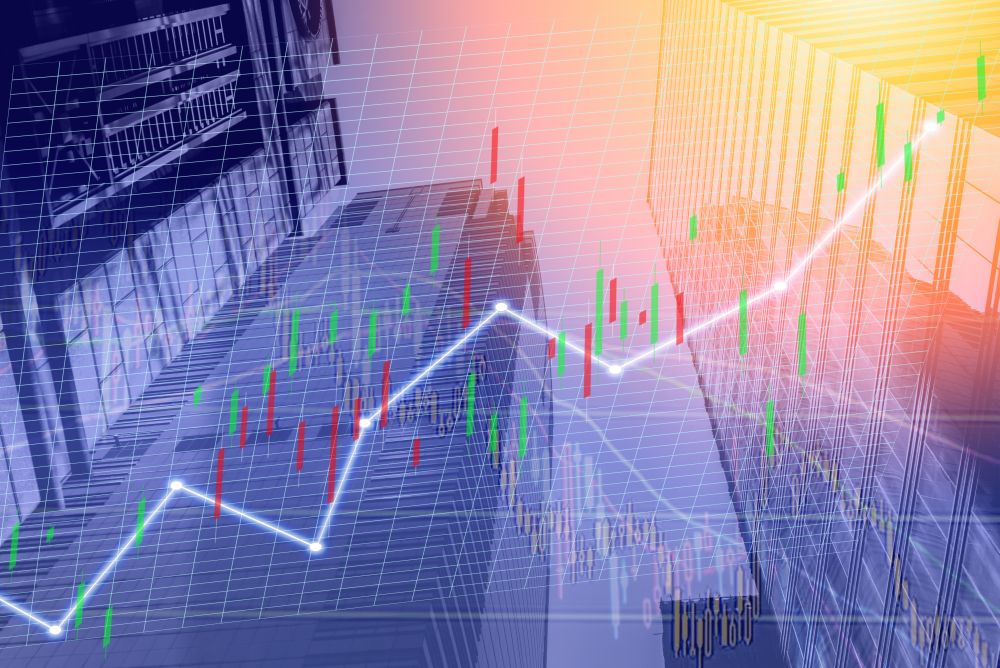Long-only investors are expected to remain defensive even after the much-awaited meeting between China president Xi Jinping and US president Donald Trump at the G20 summit in Osaka on Saturday.
The reason is market watchers believe there is a low probability of a friendly US-China trade deal and the base case scenario is a deal that does not make things worse but will not make things better.
“The base case for the G20 meeting is that China and the US agree to buy more time to negotiate the next steps in the trade and technology transfer issues. The worse-case scenario is there will be no deal and the US will impose additional 5-10% tariffs,” says Khiem Do, head of Great China investments, global markets for Baring Asset Management (Asia) Ltd.
In the past 12 months, long-only investors have taken a defensive position based on the large net outflows from equities. A total of US$137.6 billion has flowed out from global equities year-to-date (YTD), of which US$56.8 billion has flowed to exchange traded funds (ETFs), according to data from BofA Merill Lynch Global Investment Strategy and EFR Global.
Among equities, ETFs continued to win market share while long-only funds continued to lose out. In addition, emerging market funds eked out a small net positive inflow YTD while developed market funds lost out.
On the other hand, bonds experienced large net inflows of 3.1%, amounting to US$208 billion, and money market funds have received 2.0% inflows, amounting to US$151 billion YTD. Money market funds received US$600 million inflows since 2017.
“This defensive position by long-only investors is a big surprise. Investors are switching continuously from active funds to ETFs, bonds, and money market funds. This suggests that the YTD equity bull run was essentially fuelled by buying leveraged momentum funds,” Do says.
At present, the US economy is performing well based on strong fundamentals such as an unemployment rate of 3.6% as of April 2019, which is the lowest in 65 years.
However, the US Treasury 3-month 10-year yield spread has become negative, suggesting that the US Federal Reserve’s monetary policy has become too tight and consequently, this is creating concern that the US economy could fall into recession in the next 12-18 months.
This year’s G20 summit will be attended by the heads of state and finance ministers of the 19 most powerful countries in the world and the European Union. In additional to economic issues, it will also discuss other policy issues covering environmental, social and governance (ESG), as well as political issues.









